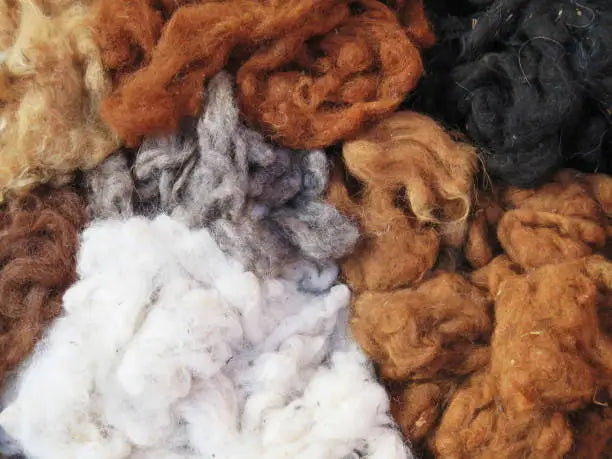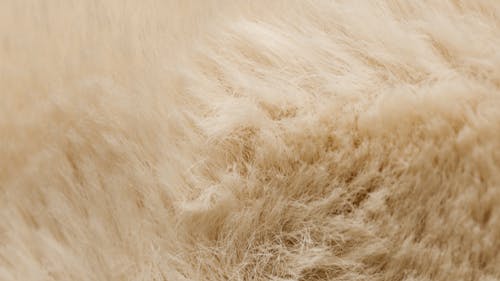
10 Reasons Alpaca Is the Ultimate Winter Essential
When the temperatures drop, choosing the right fabric for warmth, comfort, and durability becomes crucial. Alpaca wool has been gaining recognition as one of the best wools for winter, and for good reason. Whether you’re looking for alpaca base layers, alpaca thermal wear, or even an eco-friendly winter clothing alternative, this natural fiber stands out. Here are ten reasons why alpaca wool is the ultimate winter essential—ranked from least to most surprising!

1. A Luxury Fabric Without the Luxury Price Tag
Alpaca wool is often classified as one of the finest winter fabrics due to its softness, warmth, and durability. However, compared to cashmere, it offers a more affordable yet equally high-quality alternative. If you’re looking for premium yet cost-effective winter wear, alpaca is an excellent choice, delivering both sophistication and practicality.
2. Long-Lasting Durability
Alpaca fibers are incredibly strong and resistant to pilling, making them ideal for winter clothing investments. Unlike cashmere, which can wear down over time, alpaca wool holds its structure well. Studies indicate that alpaca fibers are three times more durable than cashmere (Textile Research Journal), meaning your alpaca sweaters for winter or coats will maintain their quality for years, reducing the need for frequent replacements.

3. A Sustainable and Eco-Friendly Choice
Sustainability is becoming a priority in fashion, and eco-friendly winter clothing options like alpaca are leading the way. Unlike sheep, alpacas require significantly less water and land, and their gentle grazing habits help preserve ecosystems. Additionally, the wool is biodegradable, reducing environmental impact. Alpacas also produce only 1.5% of the greenhouse gases that sheep do (International Journal of Life Cycle Assessment). Choosing alpaca wool from manufacturers like The Alpaca Factory supports sustainable textile production and responsible fashion choices.
4. Gentle on Sensitive Skin
For those with sensitive skin, hypoallergenic winter wool is essential. Unlike traditional wool, alpaca fibers lack lanolin, a natural oil found in sheep’s wool that can cause irritation. This makes alpaca base layers an excellent choice for people who struggle with itchiness or allergies, providing a comfortable and irritation-free wearing experience.

5. Exceptional Moisture Control
Alpaca fibers are highly breathable and wick moisture away from the skin, keeping you dry and comfortable. Compared to merino wool, alpaca absorbs up to 30% of its weight in moisture while remaining dry to the touch (International Journal of Clothing Science and Technology). This advanced moisture control makes it one of the best moisture-wicking winter wools, ideal for layering in both casual and active winter wear.
6. The Perfect Fabric for Layering
Alpaca’s versatility makes it perfect for layering, which is key to staying warm in winter. Start with alpaca base layers to regulate body temperature, followed by alpaca thermal wear for added insulation, and finish with a high-quality wool coat for ultimate warmth. Studies show that proper layering with efficient insulation like alpaca can improve heat retention by up to 50%, making it a top choice for extreme conditions.

7. Unmatched Softness and Comfort
Many consider alpaca the softest wool for winter, rivaling cashmere in texture. Since it lacks the microscopic barbs found in traditional wool, it feels silky and smooth against the skin. This luxurious softness makes alpaca winter clothing an excellent option for those who prioritize comfort without compromising on warmth.
8. A Natural Fiber That Outperforms Synthetics
Alpaca is an all-natural fiber that outperforms synthetic alternatives in both insulation and comfort. Studies show that natural fibers like alpaca retain heat 35% more efficiently than synthetic fabrics (Journal of Natural Fibers). Additionally, synthetic fabrics trap sweat, leading to discomfort, while alpaca naturally regulates temperature, ensuring breathability and warmth in varying conditions.

9. Alpaca vs. Merino: The Insulation Showdown
When comparing alpaca wool vs merino for insulation, alpaca’s hollow fibers provide superior thermal efficiency. While merino wool is excellent, alpaca remains the preferred choice for extreme cold conditions. Tests show that alpaca is up to three times warmer than merino wool, making it ideal for sub-zero temperatures and high-altitude environments where warmth is critical. According to the Peruvian Institute of Alpaca Research, alpaca wool retains 50% more body heat than merino, making it the best natural fiber for winter warmth.
10. Unparalleled Warmth Without the Bulk
Alpaca fibers have a unique hollow structure that traps heat efficiently, making it one of the warmest wools for cold weather. Research from the Textile Engineering Institute found that alpaca wool provides up to five times more warmth than sheep’s wool while remaining lightweight. If you’re wondering, is alpaca warmer than wool?—the answer is a resounding yes! The lightweight nature of alpaca ensures warmth without the bulk, allowing for greater mobility and comfort in winter conditions.

Upgrade Your Winter Wardrobe with Alpaca
From the best wool for winter coats to sustainable winter fabrics in the USA, alpaca is the clear winner for those looking for warmth, comfort, and sustainability. Investing in high-quality alpaca wool garments ensures long-lasting performance, ethical production, and unmatched warmth. Make the switch this season and experience why alpaca is the ultimate winter essential!